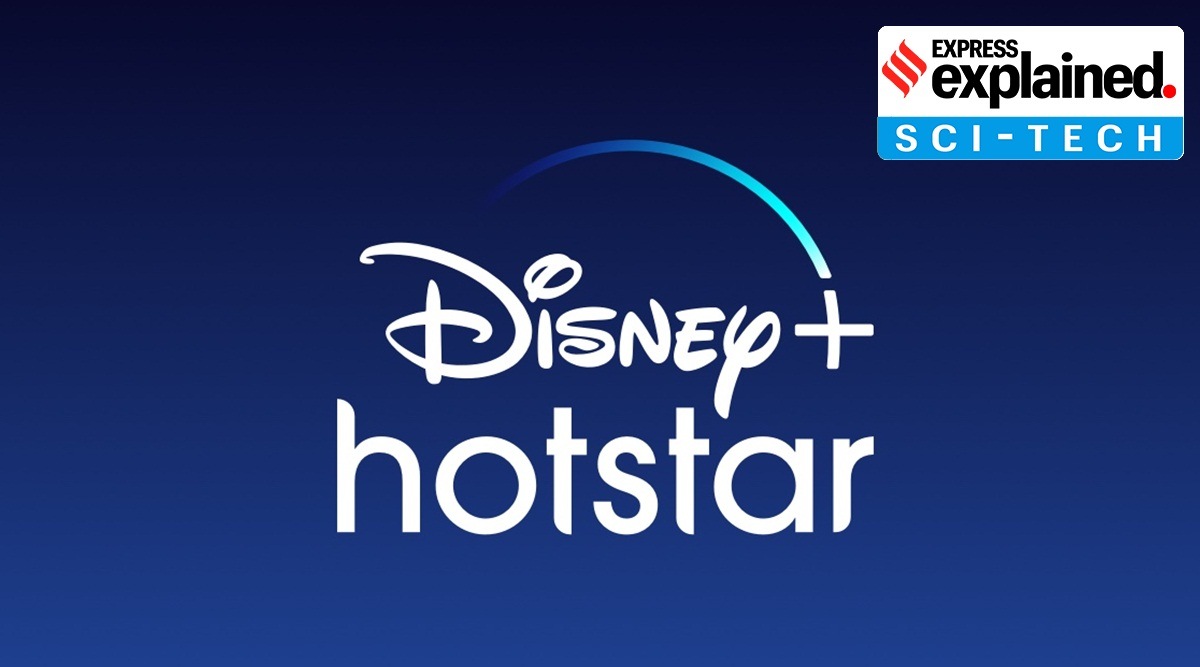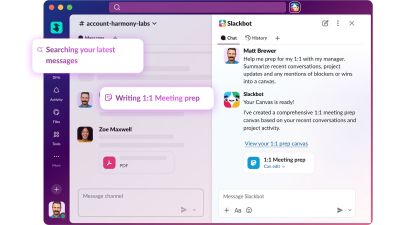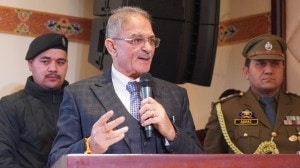Over the top (OTT) platforms like Hotstar are not in the jurisdiction of the Telecom Regulatory Authority of India (TRAI) and are governed by the Information Technology Rules, 2021, notified by the Ministry of Electronics and Information Technology (MeitY), India’s telecom appellate panel has held.
In an interim order passed on Wednesday (October 4), the Telecom Disputes Settlement and Appellate Tribunal (TDSAT) said that OTT platforms are outside the purview of the TRAI Act since they do not require any permission or a licence from the central government.

In what context did TDSAT pass this order?
TDSAT’s findings came in a petition filed by the All India Digital Cable Federation (AIDCF), which alleged that free streaming of matches of the ICC Cricket World Cup on mobile devices by Star India through its platform Disney+Hotstar is discriminatory under TRAI regulations, as the matches can be watched on Star Sports TV channel only if the viewer has subscribed by making a monthly payment.
In its interim prayer, AIDC asked that Star India should be restrained from permitting viewers to have Star Sports on their mobile phones for free, or that they should also provide free access to Star Sports to AIDCF’s members, that is cable operators.
So why is this order significant?
The rejection of AIDC’s plea by TDSAT is significant because, as The Indian Express had reported earlier, TRAI, the statutory telecom regulator, and the Department of Telecommunications (DoT) under the Union Ministry of Communications, are attempting to regulate OTT services, which has been challenged by the Ministry of Electronics and Information Technology.
The DoT had released a draft telecom Bill which classified OTT platforms as telecommunications services, and sought to regulate them like telecom operators. The TRAI, separately, has issued a consultation paper on how to regulate OTT platforms.
Why is the IT Ministry disagreeing with DoT over OTT regulation?
The IT Ministry believes that under the Allocation of Business Rules, Internet-based communications services are not part of DoT’s jurisdiction. However, in this case, the conversation is centred around OTT communications services like WhatsApp.
Story continues below this ad
A copy of the draft Telecommunication Bill was sent to an inter-ministerial group for consultations in May. Following the objections raised by MeitY, the DoT is learnt to have gone back to the drawing board to reframe portions of the Bill which regulated OTT communication services.
“In May, the DoT had formed a second draft of the Bill and when it came for consultation in the inter-ministerial group, MeitY made it clear that the DoT can only regulate the carriage layer, that is telephony, wireless communications, and private sector licences, etc.,” an IT Ministry official had earlier said.
What is TRAI’s attempt at regulating OTT services?
Almost three years after it first recommended against creating a specific regulatory framework for OTT communication services like WhatsApp, Zoom, and Google Meet, TRAI has revisited its stance, and started consultations on how these services can be regulated.
In the consultation paper released in June, the regulator asked stakeholders to send suggestions about regulating services, and asked whether a selective banning of OTT services could be done as opposed to entirely shutting down the Internet.
Story continues below this ad
Regulating such services has been a long-standing demand of telecom operators, who have been advocating for years for “same service, same rules”.
In September 2020, TRAI had recommended against regulatory intervention for OTT platforms, saying that it should be left to market forces. However, it had also said that the sector should be monitored, and intervention should be done at an “appropriate time”.








































